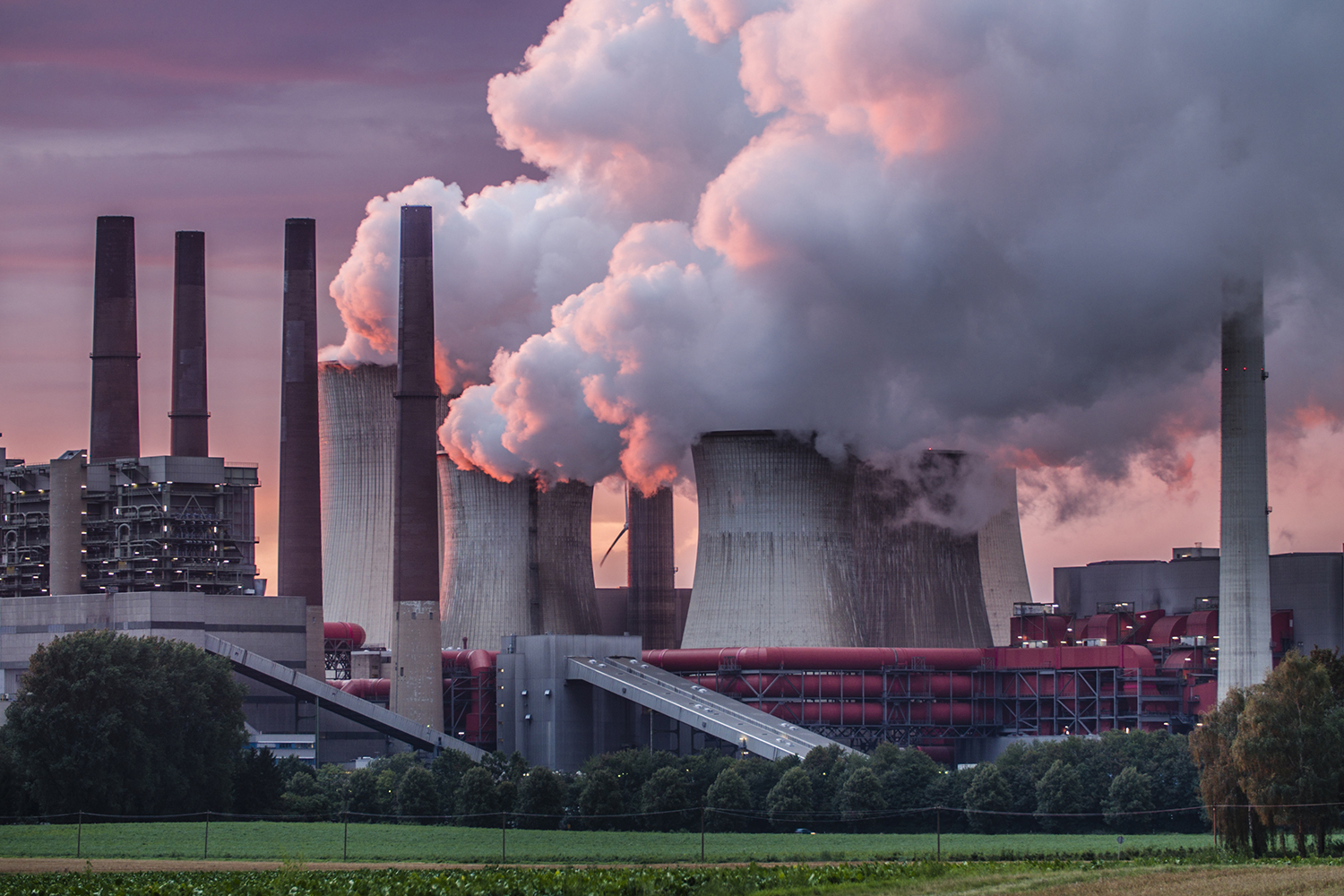
Stanford Law and Policy Lab tackles the climate data gap
Research
A new report calls for accessible, reliable climate data to drive effective greenhouse gas reduction strategies.

Rising heat and dry air cut global crop yields
Research
A Stanford study finds that intensifying heat and atmospheric dryness have reduced yields of the world’s five major crops by 4–13% over the past half century.

Missed school is an overlooked consequence of tropical cyclones
Research
New research finds that tropical cyclones reduce years of schooling for children in low- and middle-income countries, underscoring the need to address the educational impacts of climate change.

Melting ice and more rain drive Southern Ocean cooling
Research
Stanford researchers found increased meltwater and rain explain 60% of a decades-long mismatch between predicted and observed temperatures in the ocean around Antarctica.

AI reveals insights into the flow of Antarctic ice
Research
Stanford research focused on the large-scale movements of the Antarctic ice sheet could help improve predictions about how the continent will change in the future.

As U.S. agriculture faces productivity slowdown, study highlights need for research investment
Research
Researchers at Stanford, Cornell, and the University of Maryland estimate the public sector investment needed to reverse course on a climate-induced slowdown in agricultural productivity.
Climate scientist and philosopher discuss moral implications of restoring the atmosphere
Video
At an event for the Stanford Doerr School of Sustainability Dean’s Lecture series, professors Rob Jackson and Leif Wenar explored an ethical framework for addressing climate solutions – and shared a vision of hope.

A global movement opposing climate policies is on the rise
Research
Stanford researchers find resistance to climate action has become a global movement that strengthens after governments implement climate-related policies.

Study reveals rapid shift in loggerhead sea turtles’ range
News
Between 1997 and 2024, endangered North Pacific loggerhead sea turtles shifted their foraging northward at a rate six times faster than the average for most marine species. The turtles face risks as they adapt to ocean warming caused by climate change.

AI predicts Earth’s peak warming
Research
Artificial intelligence provides new evidence that rapid decarbonization will not prevent warming beyond 1.5 degrees Celsius. The hottest years of this century are likely to shatter recent records.